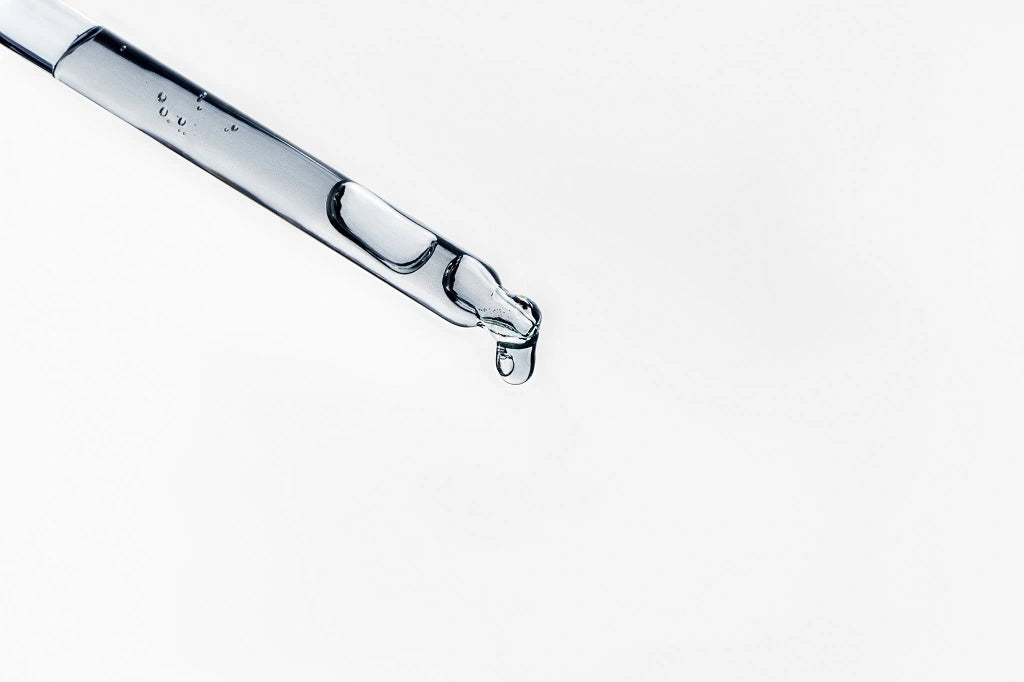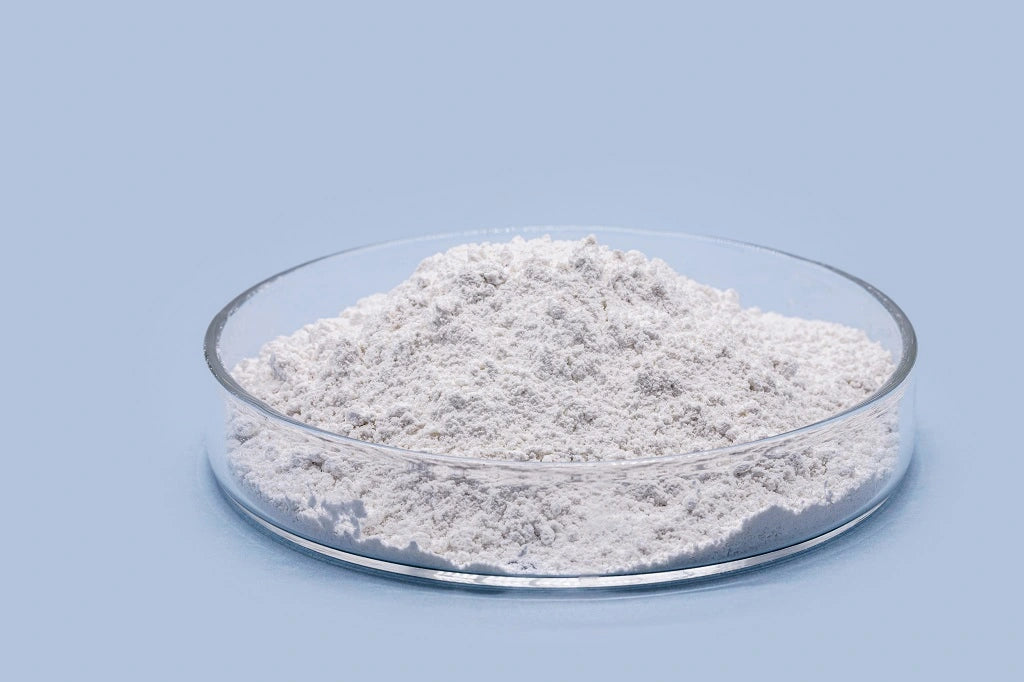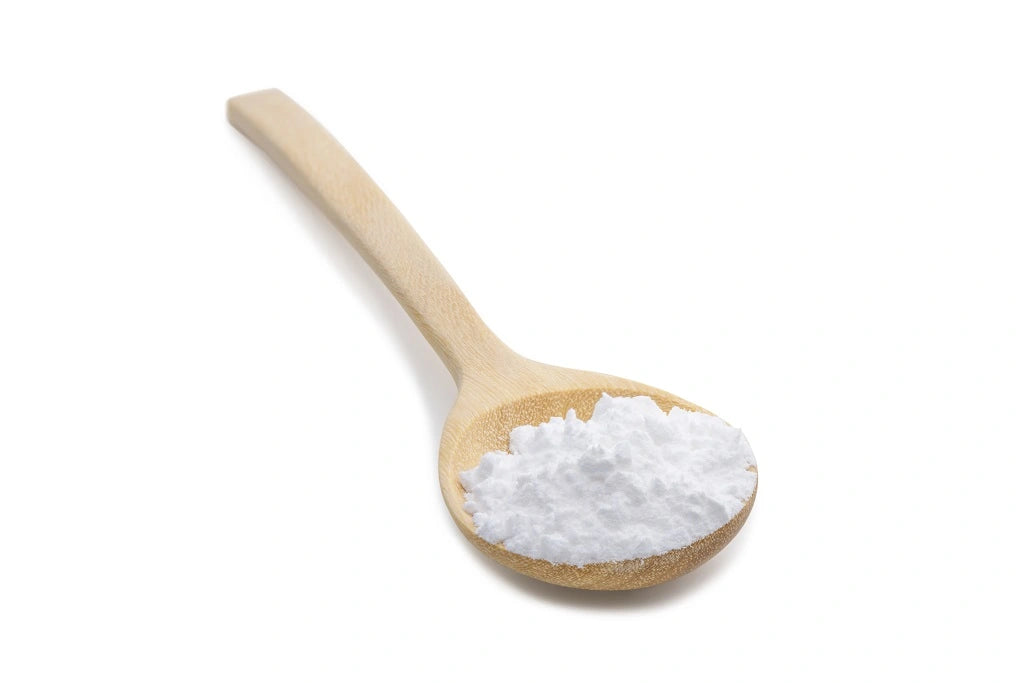Many beauty products use the term ‘free from- alcohol, parabens, and sulfates’ to demonstrate their commitment to skin and environmental safety. The term 'alcohol' in beauty products can be intimidating, as alcohols cause skin irritation and dryness by disrupting the skin's natural barrier. But according to experts, all alcohols are not created equal. There are two types of alcohols- simple alcohols or volatile alcohols and fatty alcohols.
Simple alcohols such as ethanol, methanol, etc., can dry out your skin, causing an allergic reaction. In contrast, fatty alcohol such as cetyl alcohol, lauryl alcohol, and cetearyl alcohol have a hydrating effect on your skin. In this blog, we will discuss one such skin-friendly alcohol- lauryl alcohol, which falls under the category of fatty alcohol. If you're interested in learning more about lauryl alcohol, how it works, and how to get it into your hair care products, read on! But first, let's review what lauryl alcohol is and what it does! Here we go!
What is Lauryl Alcohol?
Lauryl alcohol, also known as dodecanol, is a kind of fatty alcohol used in the cosmetic industry due to its versatility. You can find it in shampoos, conditioners, hair gels, hair creams, and more. This tasteless, colorless liquid derived from coconut oil or palm kernel oil has a sweet, floral fragrance.
In cosmetic products, it acts as a cleansing agent, emulsifier, emollient, dispersant, and viscosity controller. It helps to create a stable foam base formula and improves the consistency of the product formula.
Benefits of Lauryl Alcohol in haircare products
Lauryl alcohol is used in skincare, haircare, and personal care products, not because of its beauty benefits but because of its role in enhancing the efficacy of the product formula. It helps to improve the texture and feel of your skin and hair, thus maintaining healthy skin and vibrant hair. Let's discuss the role of lauryl alcohol in hair care products.
1. Emollient
Lauryl alcohol is derived from palm and coconut oils, which have nourishing and hydrating properties, thus making it an excellent emollient.
2. Improves the elasticity of the hair
It keeps your strands hydrated by restoring the hydration level, thus improving the hair's elasticity.
3. Hydrates your strands
Lauryl alcohol is a fatty alcohol, which keeps your strands hydrated. It forms a thin film over your hair's surface, thereby preventing moisture loss.
4. Emulsifier
Lauryl alcohol is extensively used in cosmetic products for giving it the quality of an emulsion. It gives stability to the product formula by preventing the ingredients from separating. As an emulsifier, it is included in major skincare and haircare products.
5. Viscosity increasing agent
It improves the product's viscosity, thus giving a rich, thick, and creamy consistency.
6. Cleansing agent
It acts as a cleansing agent, cleaning your skin without robbing it of its natural oils.
How to use Lauryl Alcohol in haircare products?
Lauryl alcohol is a type of fatty alcohol used as an emollient, cleansing agent, thickening agent, and emulsifier in haircare products. It is used to provide stability to the product formula by binding the ingredients together. This fatty alcohol is lauded in the beauty industry and is extensively used in many shampoos, hair gel, conditioners, mousses, and hair creams. It keeps the strands hydrated for longer as it coats them with a thin film, preventing water loss. Lauryl alcohol-based haircare products are ideal for daily use, as they won't strip the hair of its natural oil. Remember that consistency is the key, so use this hydrating fatty alcohol regularly to improve the texture of the hair strands.
How to choose Lauryl Alcohol?
Before buying the hair care products, check the label and look for ingredients such as lauryl alcohol or 1-Dodecanol, or dodecyl alcohol. Knowledge about the ingredient used in hair care products help us choose hair care products wisely.
Other ingredients it is compatible with
Lauryl alcohol works well with other fatty alcohols, propylene glycol, and water. Since lauryl alcohol is insoluble in paraffin oil and glycerin, it is incompatible with these substances.
Side effects of Lauryl Alcohol
If you have a dry scalp, experts recommend avoiding hair care products containing alcohol as alcohol can cause hair loss and dryness of the scalp. Volatile or drying alcohols evaporate quickly, causing products to dry faster. It is difficult to create hair sprays and hair gels without alcohol. Fatty alcohols like lauryl alcohol can provide hydrating benefits to your scalp and hair, thus improving the texture of the tresses.
The moisturizing and soothing properties present in lauryl alcohol are used to treat hair, making it a very sought-after hair care ingredient. Lauryl alcohol can make the hair soft, smooth, and more manageable. This fatty alcohol maintains healthy scalp and hair by keeping them hydrated. Due to these beneficial properties, lauryl alcohol is readily used in numerous hair care products.
Not all alcohols are bad for hair. You should know which alcohol is good for your hair and which is bad. Short-chain or drying alcohols can dry out the scalp and hair, while long-chain or fatty acid alcohols can hydrate the hair.
Lauryl alcohol is a type of fatty alcohol used as an emollient, thickening agent, and emulsifier in hair products. Lauryl alcohol hydrates hair and scalp, making it perfect for everyday use. It's non-toxic and safe for everyday use since it's derived from natural ingredients. It may cause mild irritation in people with sensitive skin. The non-drying fatty alcohol reduces frizz and smoothens hair's texture. This product is particularly effective on curly and kinky hair, which is more susceptible to dryness.
Now you know which alcohol is good for you and which is not. Before buying a hair care product, check the list of ingredients to know whether your hair care product contains volatile dry alcohol or non-drying fatty alcohol.
Also Read :
All the content published on www.Curlvana.in is solely for information purposes. It is not a substitute for professional medical advice, diagnosis, or treatment. Always consider seeking the advice of your physician or a qualified health care provider. The information, suggestion, or remedies mentioned on this site are provided without warranty of any kind, whether express or implied.




